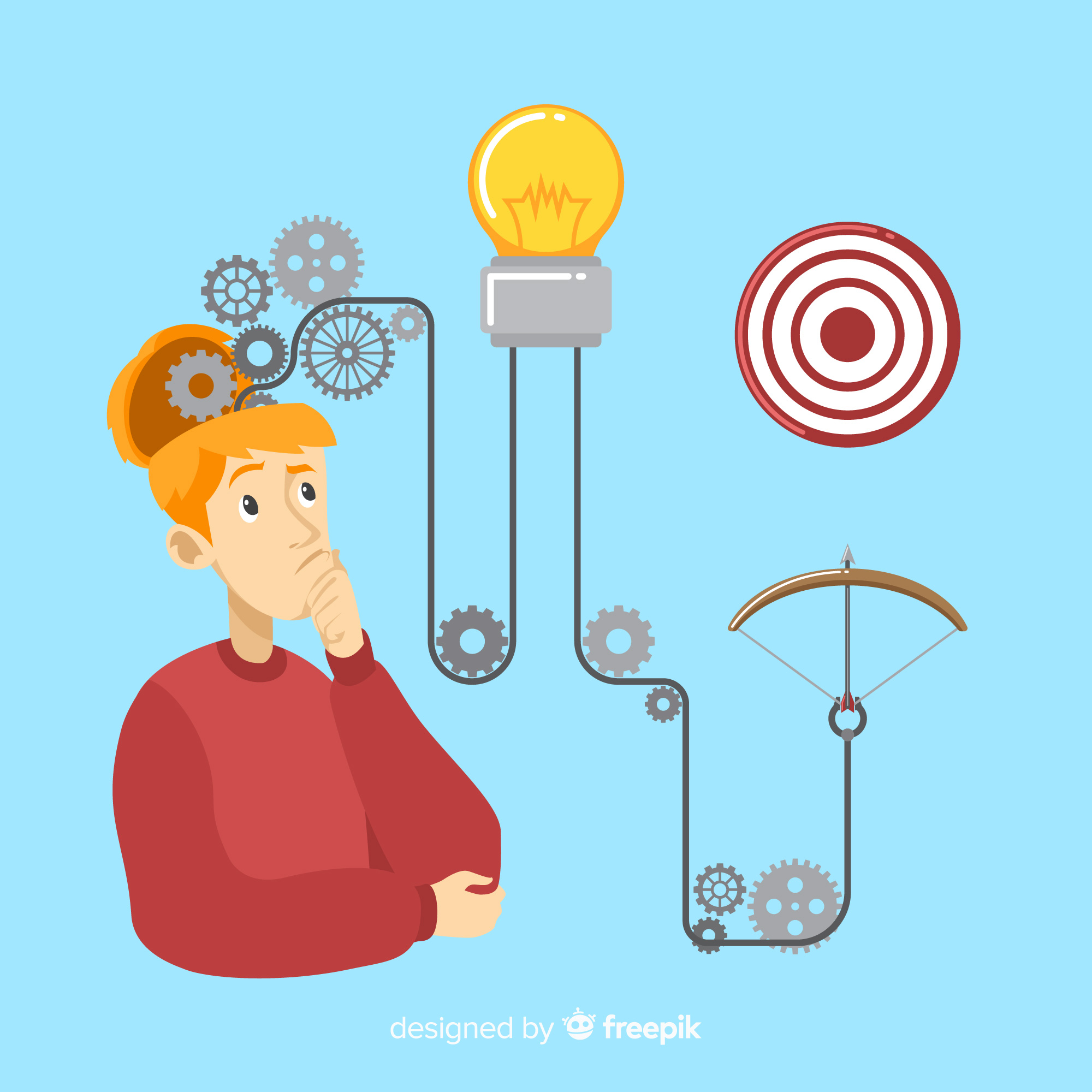Critical Thinking and Problem-Solving Skills:
Introduction:
In a world that presents complex challenges and constant change, the ability to think critically and solve problems is invaluable. Critical thinking and problem-solving skills empower individuals to analyze information, make informed decisions, and overcome obstacles. This article delves into the importance of these skills, explores their applications in various contexts, and provides practical tips to develop and enhance them.
The Importance of Critical Thinking:
Critical thinking is the process of actively and skillfully analyzing, evaluating, and synthesizing information to make reasoned judgments. In an era inundated with information, critical thinking allows individuals to distinguish between fact and opinion, identify biases, and draw logical conclusions. It enables people to approach problems with a skeptical mindset, ask probing questions, and consider multiple perspectives before forming conclusions or making decisions. Employers highly value critical thinking as it promotes effective problem-solving, innovation, and sound decision-making.
Problem-Solving as a Life Skill:
Problem-solving is the ability to identify, analyze, and propose solutions to challenges or obstacles. It is a crucial life skill that transcends professional and personal realms. Effective problem-solving involves breaking down complex issues into manageable parts, identifying patterns, considering alternative approaches, and evaluating the potential impact of each solution. It also requires creativity, adaptability, and resilience when confronted with setbacks. By developing problem-solving skills, individuals gain the confidence and ability to overcome hurdles and achieve goals, both in their careers and personal lives.
Developing Critical Thinking and Problem-Solving Skills:
Embrace a Growth Mindset: Cultivate a belief in one’s ability to learn and grow. Embrace challenges as opportunities for personal and intellectual development.
Ask Critical Questions: Encourage curiosity and ask probing questions to challenge assumptions, seek evidence, and gain a deeper understanding of issues.
Seek Diverse Perspectives: Engage with individuals who have different backgrounds, experiences, and viewpoints to broaden your thinking and consider alternative solutions.
Practice Analytical Thinking: Develop analytical skills by examining data, breaking down complex problems, and identifying cause-and-effect relationships.
Engage in Collaborative Problem-Solving: Collaborate with others to solve problems collectively, leveraging diverse expertise and fostering innovation.
Reflect on Past Experiences: Reflect on past successes and failures to identify strategies that worked and areas for improvement in problem-solving approaches.
Use Real-World Scenarios: Incorporate real-world problem-solving scenarios in educational settings to provide practical experiences and promote critical thinking skills.
Conclusion:
Critical thinking and problem-solving skills are essential in today’s complex world and the Top schools in Kalyan will help your students with these skills to be success. By actively developing these skills, individuals can navigate challenges, make informed decisions, and contribute effectively to their personal and professional endeavors. Through a combination of mindset, practice, and exposure to diverse perspectives, anyone can enhance their critical thinking and problem-solving abilities.


